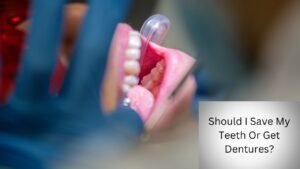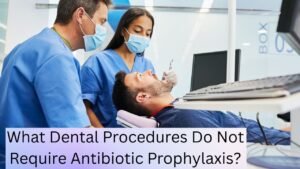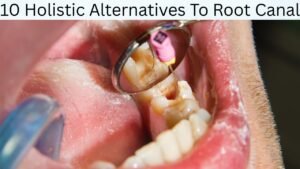
Dental Health Tips & Expert Advice
Stay informed about oral health, dental procedures, and finding the right dental care










Trusted Dental Directory & Oral Health Care Reviews
Discover the best dental clinics, compare cosmetic dentistry services, read verified patient reviews, and book appointments with confidence. Your oral health deserves expert care from licensed dental professionals and certified dental practitioners.
Our simple 3-step process helps you discover trusted dental care providers and oral health specialists in your area
Find family dentists, cosmetic dentistry specialists, emergency dental care providers, and orthodontists by location or specialty. Compare dental services, credentials, and patient experiences.
Browse authentic patient testimonials, ratings, and detailed reviews from real dental patients. Learn about treatment experiences, office atmosphere, and dental care quality.
Schedule dental consultations, routine checkups, or emergency dental visits with confidence. Connect directly with dental professionals for personalized oral health care.
Comprehensive dental care services offered by our network of qualified dental professionals
Teeth whitening, dental veneers, smile makeovers, and aesthetic dental procedures for enhanced oral appearance.
Comprehensive dental care for all ages, including children's dentistry, preventive care, and routine dental checkups.
Urgent dental treatment, toothache relief, dental trauma care, and 24/7 emergency dental services.
Braces, Invisalign, teeth straightening, and orthodontic treatment for proper dental alignment.
Discover top-rated dental clinics in popular cities with real-time data
We maintain the highest standards for dental clinic listings. Every dental professional is verified, all reviews are independently moderated, and we never accept payment for placement or positive reviews.
All dentists and dental clinics undergo credential verification, license checks, and professional background screening.
Patient reviews are screened for authenticity. We maintain editorial independence and never accepts payment for positive reviews or ratings.
Regular updates ensure accurate contact information, services offered, and current availability for all dental clinics.
Stay informed about oral health, dental procedures, and finding the right dental care










Join our trusted network of dental clinics and reach thousands of patients searching for quality dental care. List your practice for free and grow your patient base.
Get answers to common questions about finding dental care and using our directory
Use our search tool to browse dentists by city, specialty, or clinic name. Filter results by ratings, services offered, and patient reviews. Consider factors like location, accepted insurance, and available appointment times to find the right dental professional for your needs.
Yes, all patient reviews undergo our verification process. We screen for authenticity, moderate inappropriate content, and ensure reviews come from real patients. Our editorial team maintains independence and never accepts payment for positive reviews or ratings.
Our directory includes comprehensive dental services: family dentistry, cosmetic procedures, orthodontics, dental implants, emergency care, pediatric dentistry, and specialized treatments. Each clinic listing shows available services, accepted insurance, and patient reviews.
Click the "Add Your Clinic" button and complete our submission form. Include your practice details, services offered, and contact information. Our editorial team will review your submission and verify credentials before publishing your listing.
No, basic listings are completely free. We believe in providing equal access to our directory for all qualified dental professionals. Premium features and enhanced visibility options are available for additional fees.